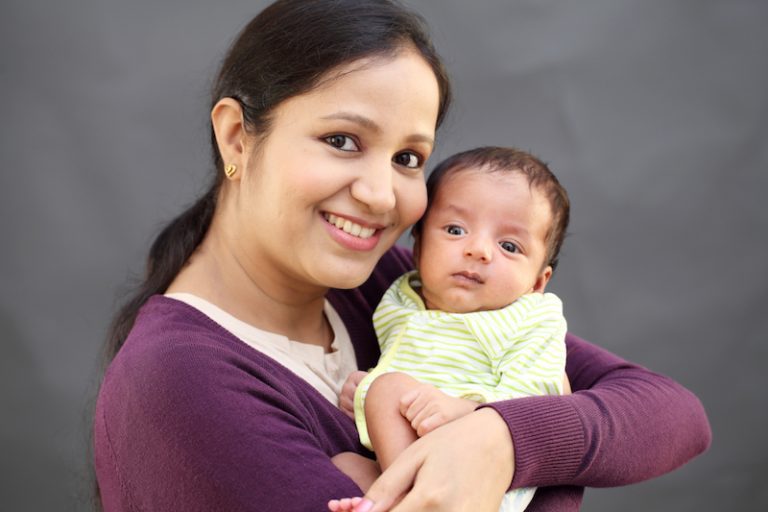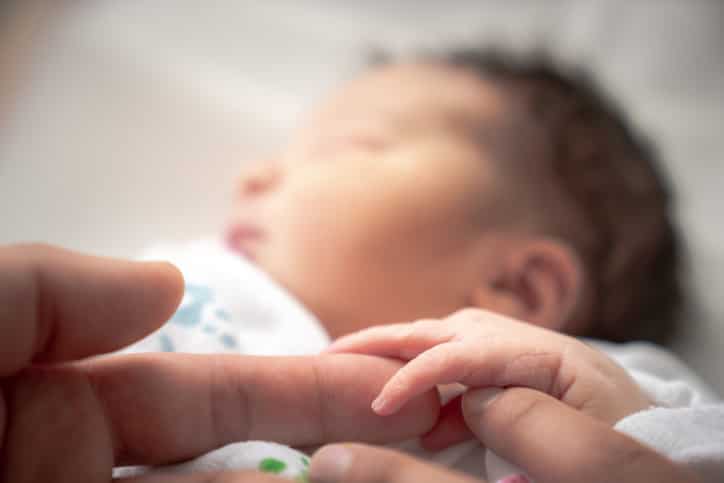In the heart of India, where ancient traditions blend with modern advancements, a new chapter unfolds for families seeking the miracle of life. Here, amidst vibrant cities and serene landscapes, lie some of the world’s most esteemed IVF centers, offering a glimmer of hope to couples struggling with infertility. Embracing cutting-edge technology and renowned expertise, these centers provide a comprehensive roadmap to parenthood, paving the way for cherished dreams to blossom. Whether it’s the sophisticated laboratories equipped for delicate procedures, the compassionate teams of fertility specialists, or the supportive environment fostering emotional well-being, India’s IVF landscape stands as a testament to its dedication to building families. So, if your path to parenthood feels winding, take a deep breath and turn your gaze towards India, where the journey towards a fulfilled life awaits.
IVF Success Rate in India
The average IVF success rate in India ranges from 50% to 65%, with some centers achieving remarkable rates exceeding 70%. This translates to a substantial chance for couples to experience the joy of parenthood through IVF treatment. In fact, India’s success rates are comparable to those in many developed countries, making it a compelling destination for couples seeking affordable and high-quality IVF care.
Factors to consider when choosing an IVF Center
Choosing the right In Vitro Fertilization (IVF) center is a critical decision for couples seeking to build their families. With numerous centers available, navigating the landscape can feel overwhelming. However, by considering these key factors, you can embark on this journey with confidence and hope:
1. Clinic Experience and Reputation:
- Success Rates: Research the clinic’s success rates for procedures similar to yours. Look for centers with consistently high rates and transparency in reporting their data.
- Accreditation and Licensure: Ensure the center is accredited by reputable organizations and adheres to ethical guidelines.
- Experience of Doctors and Staff: Choose a team with extensive experience in IVF treatment and a proven track record of success.
2. Technology and Equipment:
- Advanced Technology: Opt for a center equipped with the latest technologies in IVF, such as advanced incubators, micromanipulators, and genetic testing facilities.
- Laboratory Facilities: Ensure the laboratory meets stringent quality standards and utilizes cutting-edge equipment for optimal embryo development and handling.
3. Treatment Options and Personalization:
- Comprehensive Treatment Packages: Choose a center offering various treatment options tailored to your specific needs and medical history.
- Individualized Approach: Opt for a center that emphasizes personalized care and a collaborative approach to treatment planning and decision-making.
- Communication and Support: Look for a center with a dedicated team that provides clear communication, emotional support, and guidance throughout the journey.
4. Cost and Transparency:
- Transparent Fee Structure: Ensure the center provides clear information about all associated costs upfront, including consultation fees, medication, laboratory fees, and embryo storage charges.
- Financial Assistance Options: Explore centers offering financial assistance programs or payment plans to make treatment more accessible.
- Cost Comparison: Research and compare costs across different centers to find the most suitable option within your budget.
5. Location and Accessibility:
- Convenience: Consider the center’s location and accessibility, especially if you require frequent visits.
- Travel Arrangements: If travel is necessary, explore centers that offer assistance with travel and accommodation.
Costs of IVF Treatment in India
IVF treatment in India is significantly more affordable compared to many other countries, offering a beacon of hope for couples struggling with infertility. The cost for a single cycle can range from ₹1,00,000 to ₹3,50,000, depending on various factors like location, clinic reputation, and additional procedures required.
Here is a breakdown of the IVF Procedure & cost in India:
| Component | Description | Approximate Price (₹) |
| Medical Consultation and Evaluation Costs | Initial assessment of the couple’s fertility status, including medical history, physical examinations, and diagnostic tests. | 10,000 – 30,000 |
| Medication Costs | Regimen of fertility medications to stimulate ovulation and prepare the uterine lining for implantation. | 20,000 – 50,000 |
| Laboratory Costs | Laboratory procedures such as egg retrieval, sperm preparation, fertilization, and embryo culture. | 50,000 – 100,000 |
| Procedure Costs | Egg retrieval, sperm retrieval, embryo transfer, and any additional procedures such as assisted hatching or preimplantation genetic testing (PGT). | 50,000 – 100,000 |
| Total IVF Cost in India | 1,30,000 – 2,80,000 | |
FAQs (Frequently Asked Questions)
Q1: Which city in India is best for IVF?
Ans. Several Indian cities boast excellent IVF centers, making it hard to pinpoint a single “best” one. Factors like cost, expertise, success rates, and personal preferences all play a role. Cities like Delhi, Mumbai, Chennai, Bangalore, and Hyderabad have renowned clinics offering top-notch care.
Q2. How much rupees IVF cost in India?
Ans. IVF costs in India are significantly lower compared to many other countries. A single cycle can range from ₹1,00,000 to ₹3,50,000, depending on location, clinic, and additional procedures. Consulting a fertility specialist for a personalized cost quote is crucial.
Q3. Whose sperm is used in IVF?
Ans. The intended father’s sperm is typically used for IVF. However, in cases like low sperm count or quality, donor sperm may be considered after thorough counseling and legal processes.
Q4. Is IVF safe in India?
Ans. Indian IVF clinics adhere to stringent international standards and utilize cutting-edge technology. Experienced doctors and well-equipped facilities ensure safe and effective procedures.
Q5. Is IVF 100 successful?
Ans. Unfortunately, no medical treatment guarantees 100% success. IVF success rates depend on various factors, averaging around 30-40% per cycle. Repeated cycles can increase the overall success chance.
Q6. At what age is IVF successful?
Ans. Earlier is often better for IVF success, with the highest rates observed in women under 35. Age-related decline in egg quality impacts success rates beyond this age, though successful pregnancies are still possible with proper medical support.
Q7. Is IVF successful in first try?
Ans. While some couples achieve success in the first attempt, it’s important to manage expectations. Repeated cycles may be necessary for some, and success rates remain cumulative over multiple cycles.
Q8. Are IVF babies normal?
Ans. IVF babies are just as healthy and normal as babies conceived naturally. Extensive research confirms no increased risk of birth defects or developmental issues compared to natural conception.
Remember, your individual circumstances and medical history play a significant role in your IVF journey. Consult with a qualified fertility specialist for personalized advice and guidance.









